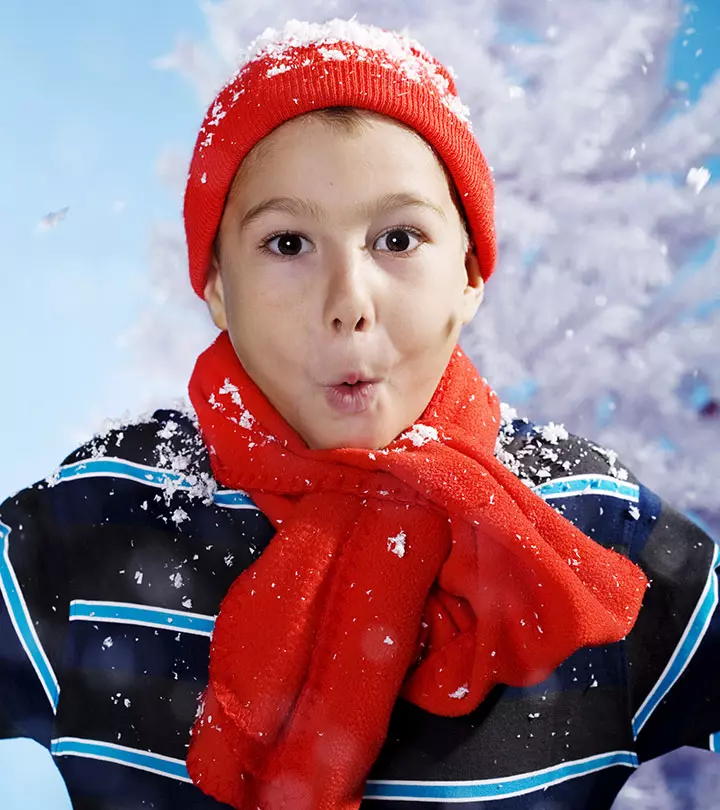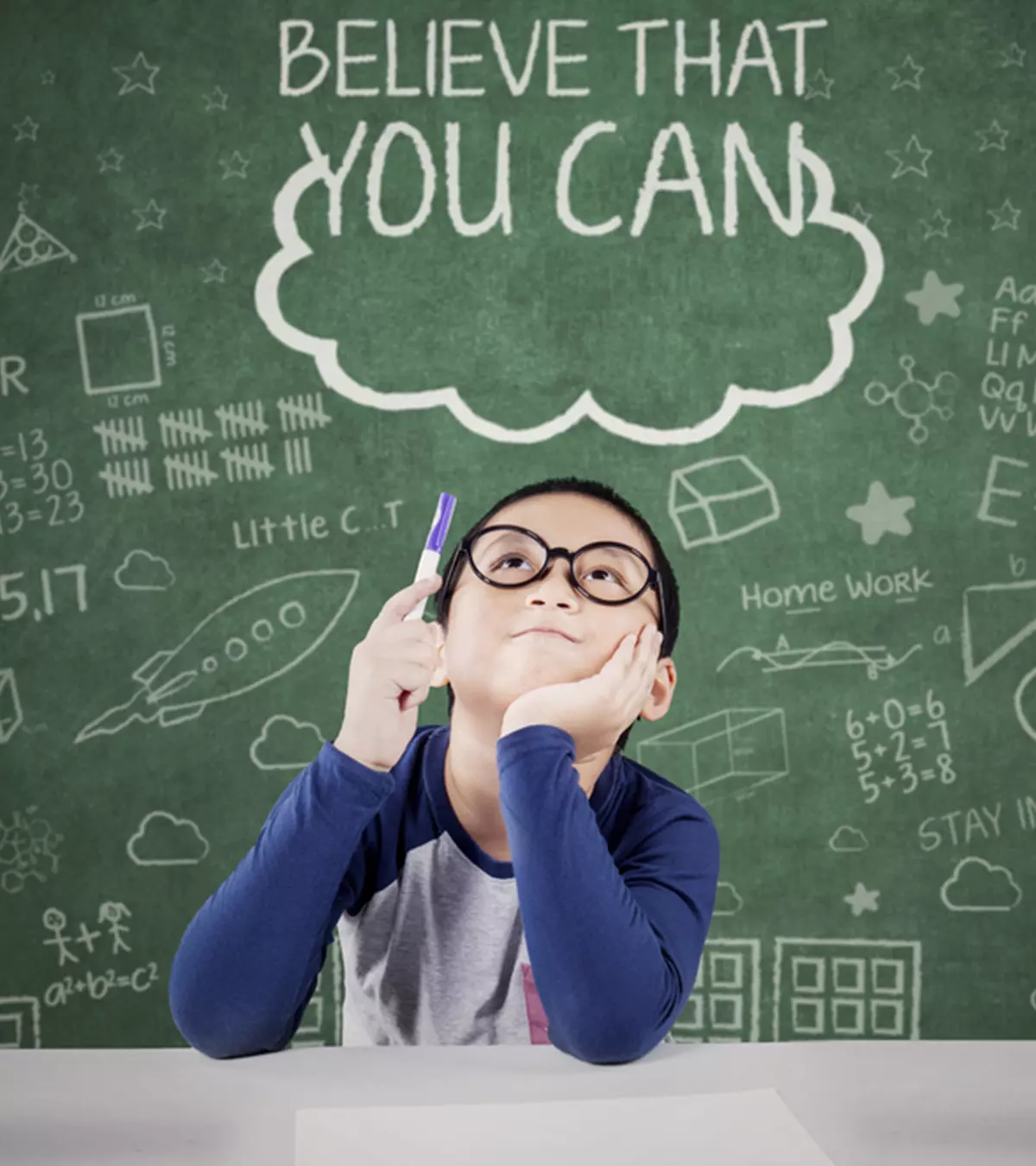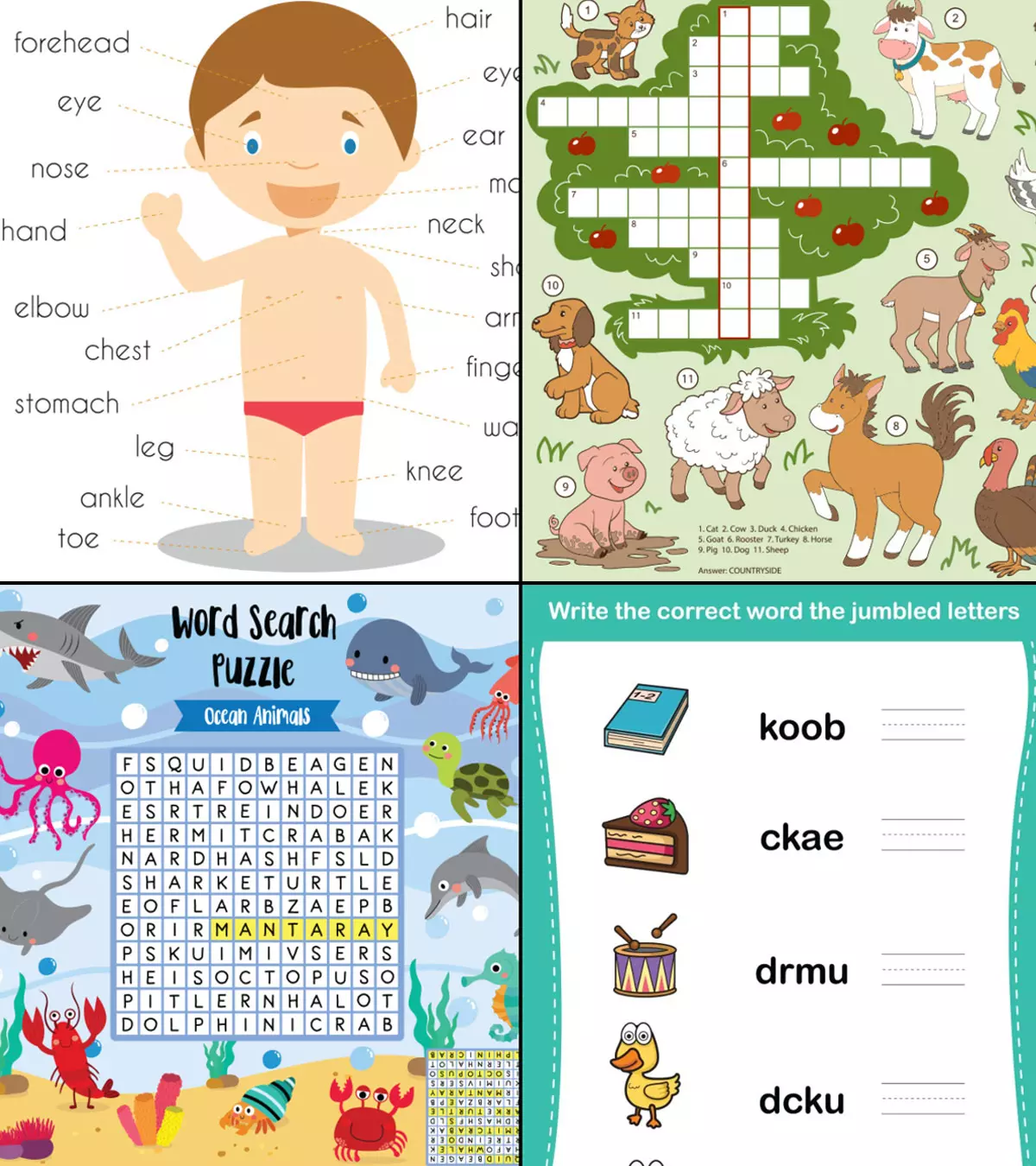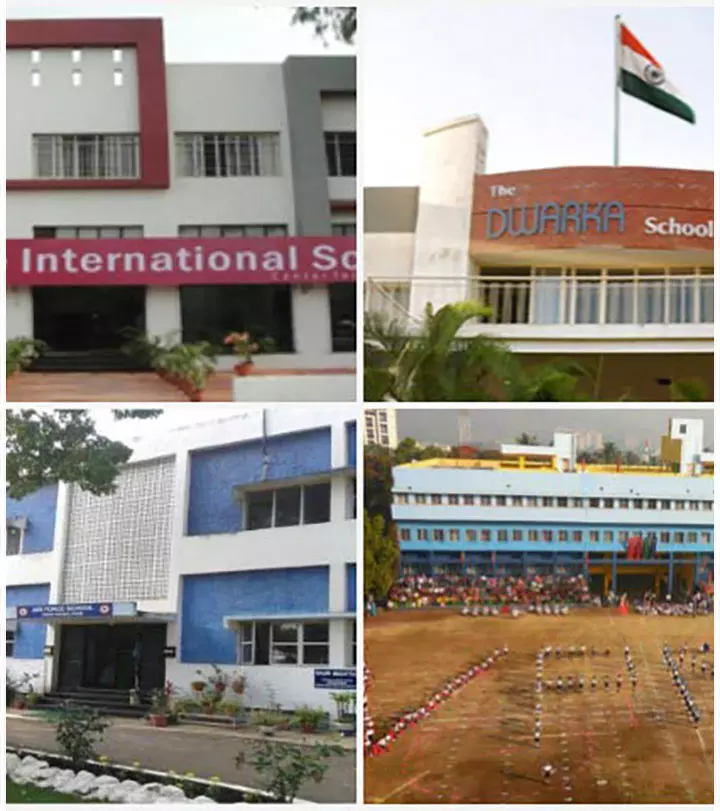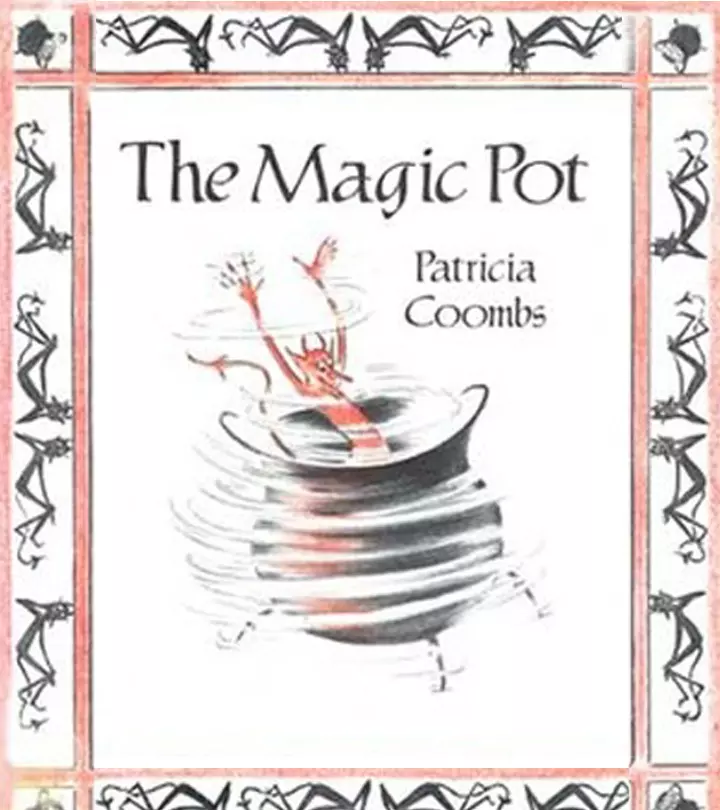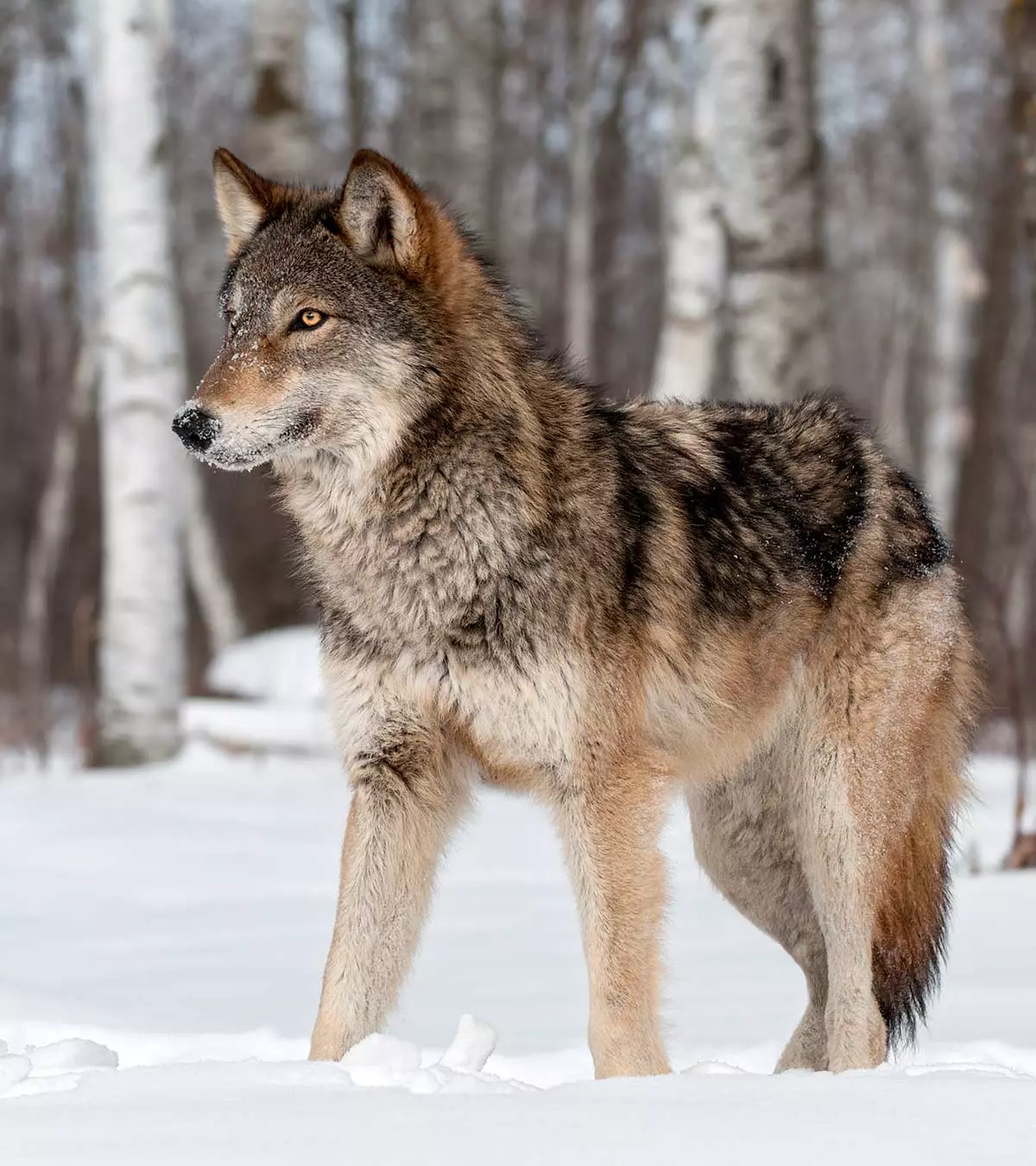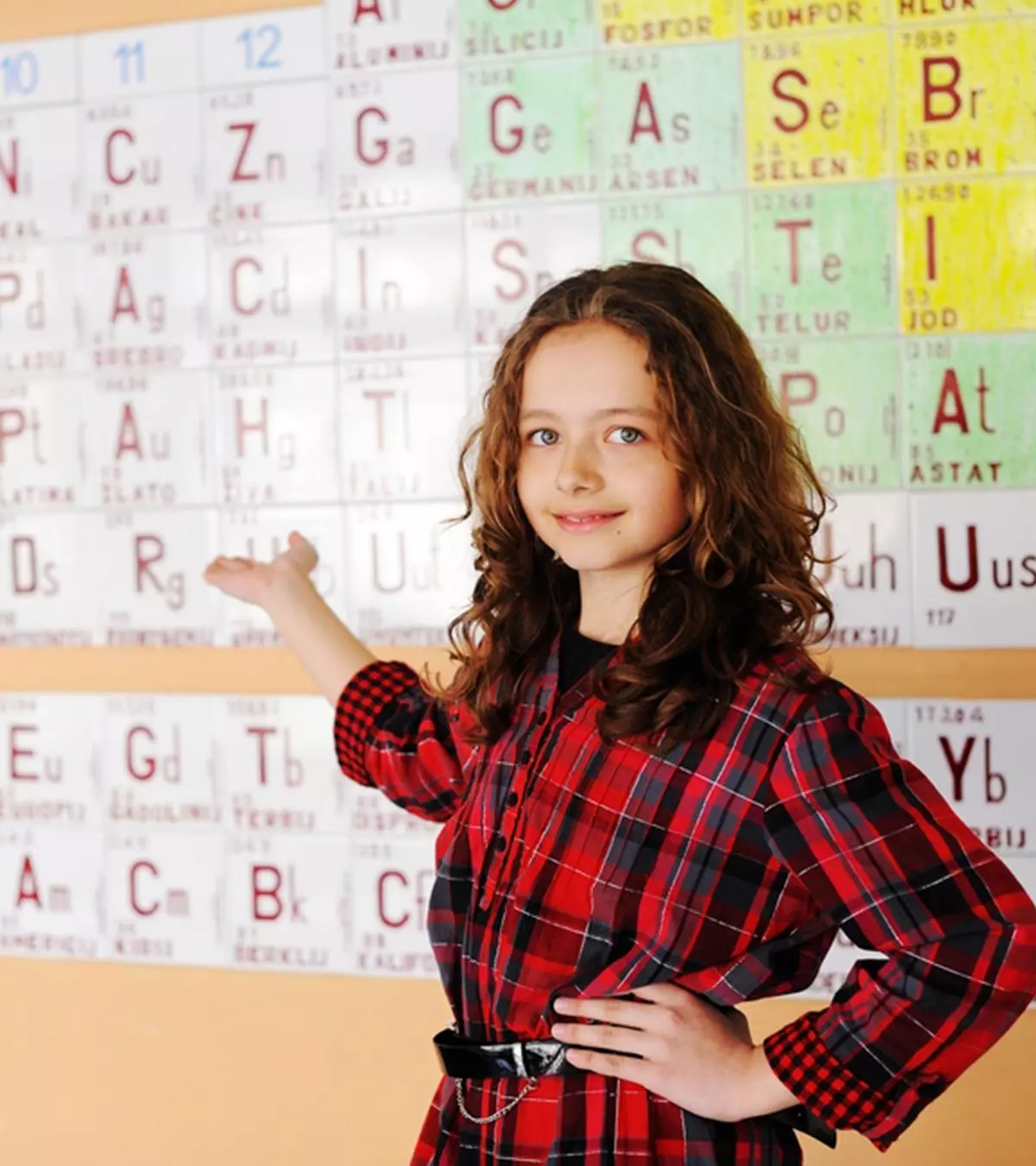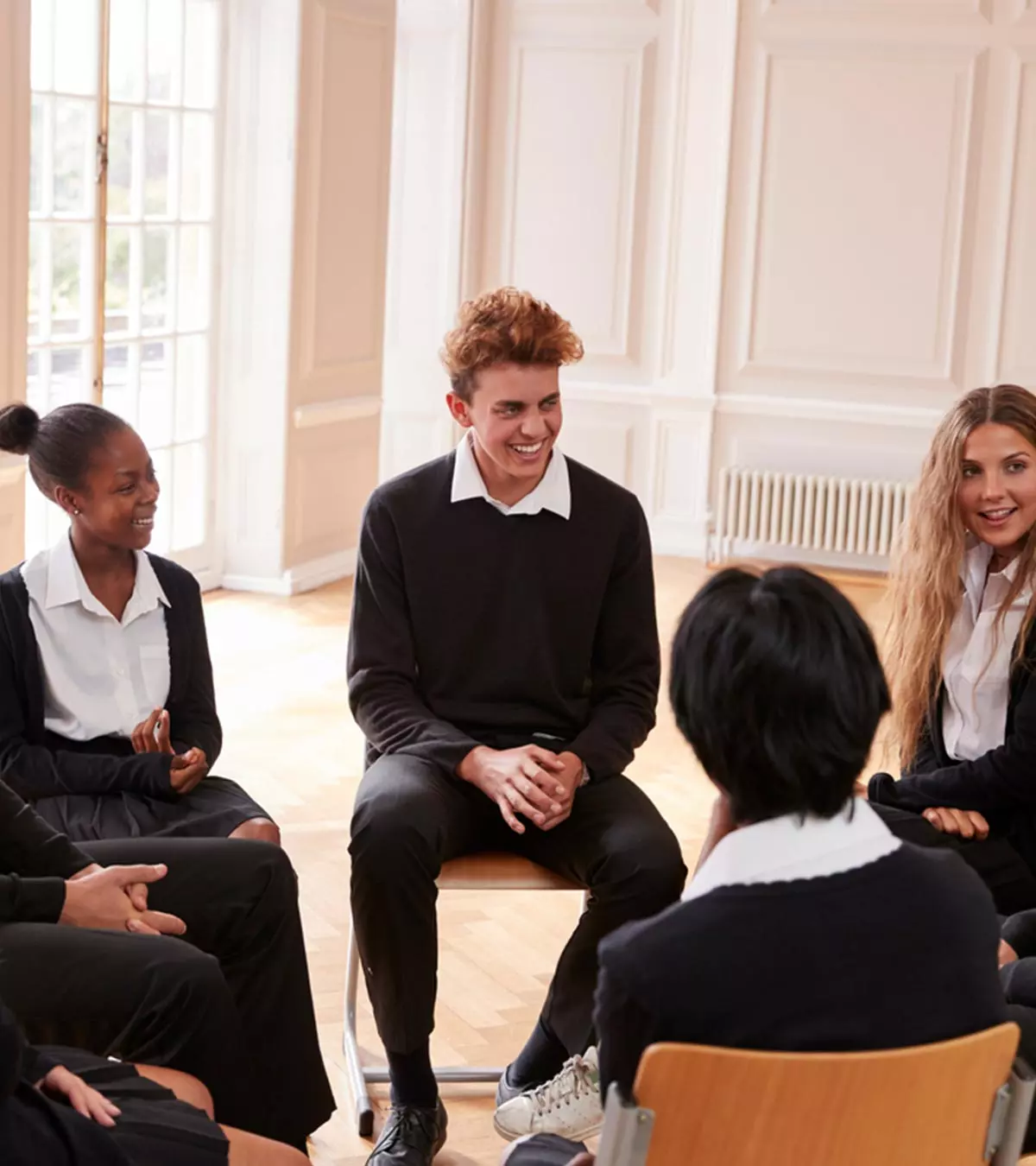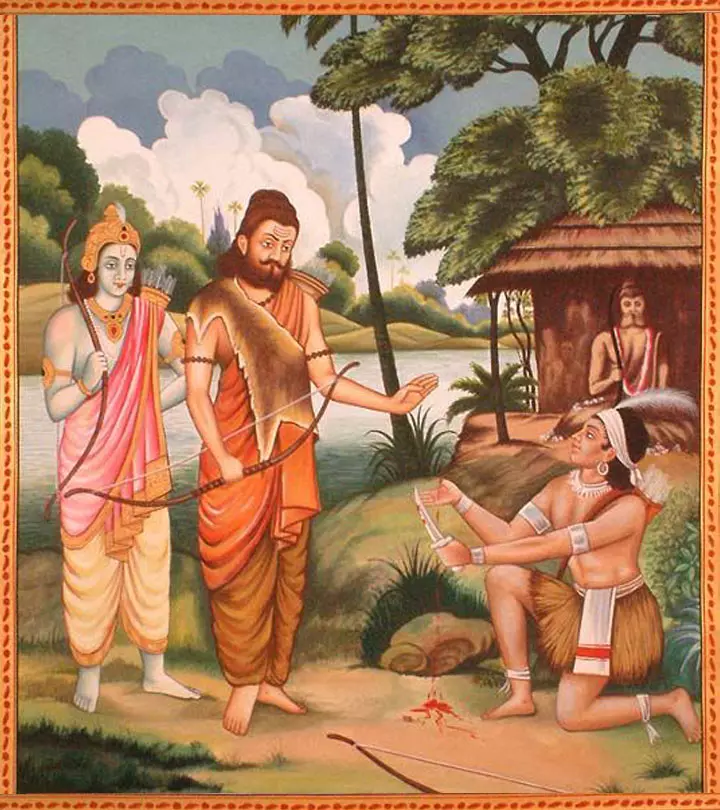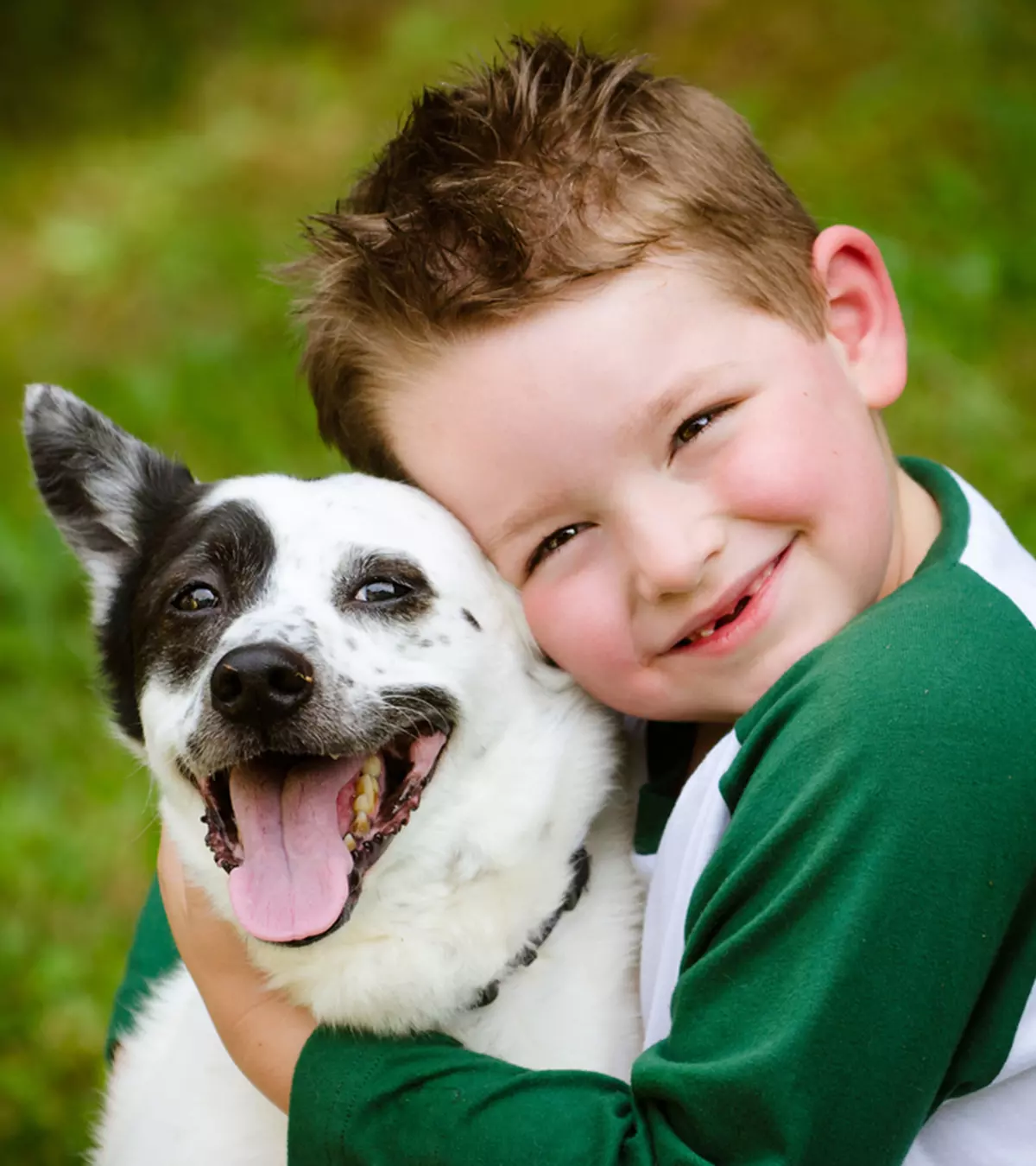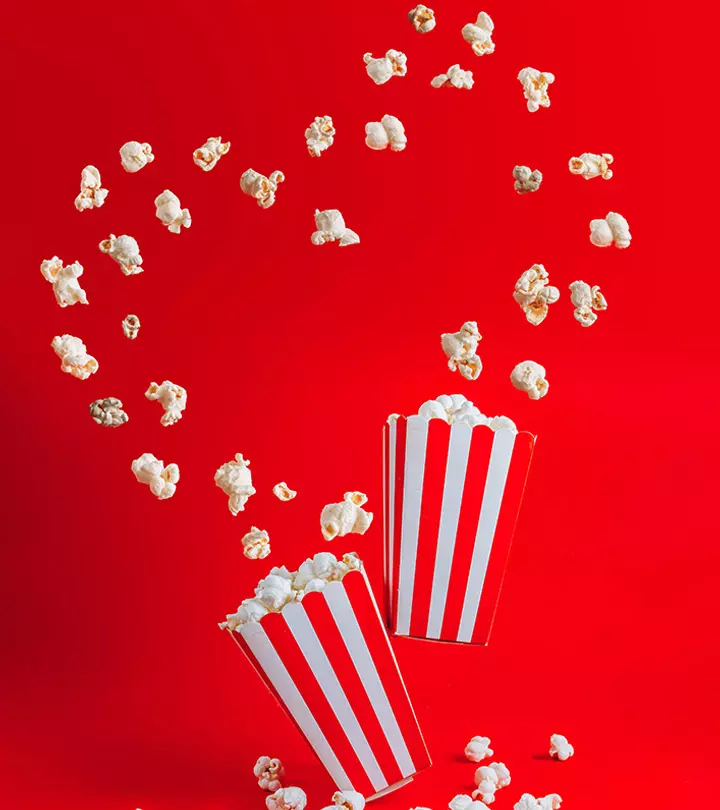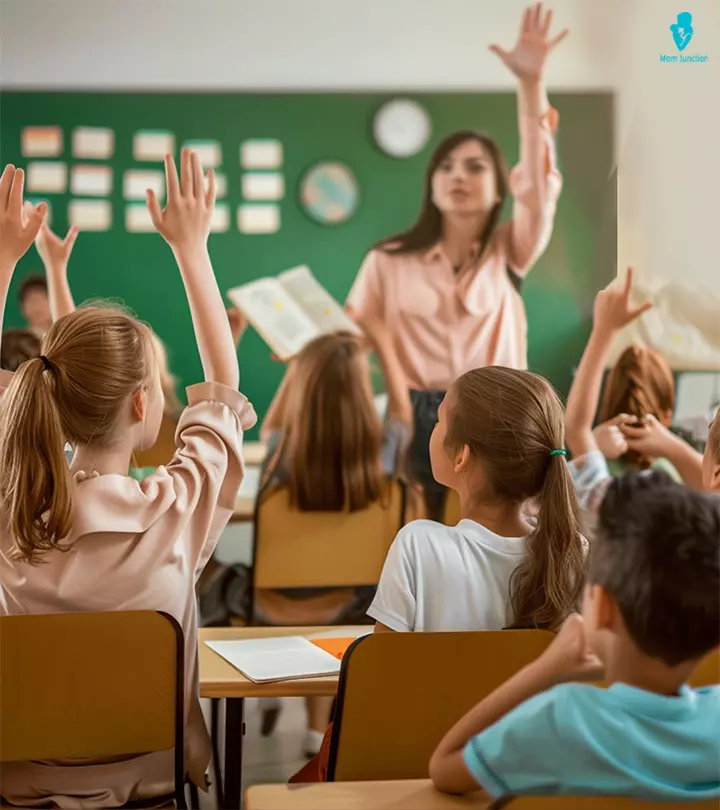
Image: Midjourney/ MomJunction Design Team
Children are quite observant about their surroundings. They tend to pick up tiny lessons from their surroundings. You may also share some GK questions for class 3 to help your child stay informed about various subjects to enhance their knowledge.

General knowledge about the world around them can also boost their confidence. In addition, this may help them socialize easily and encourage them to participate in trivia quizzes.
We have compiled some class 3 GK questions with subjective questions on science, history, geography, civics, math, English, and space in this post.
125 GK Questions For Class 3
We have divided the questions into various sub-topics. You can pick a topic according to your child’s interests and use these test questions to improve their GK.
Space
- What is the name of Earth’s natural satellite?
Ans: Moon - Which planet is also called the Red Planet?
Ans: Mars - Which is the biggest planet in the solar system?
Ans: Jupiter - Which planet is the closest to the Sun?
Ans: Mercury - Which is the hottest planet in the solar system?
Ans: Venus - Which is the smallest planet in the solar system?
Ans: Mercury - Which planet’s day is longer than its year?
Ans: Venus - Ganymede is the largest moon of which planet?
Ans: Jupiter - Which is the brightest planet in the solar system?
Ans: Venus - Which planet has rings around it?
Ans: Saturn - Which star is nearest to the Earth?
Ans: Sun
Infographic: GK Questions For Class Three Students With Answers
Some thing wrong with infographic shortcode. please verify shortcode syntax- How many hours does Earth take to complete one rotation around its axis?
Ans: 24 hours - How many days does the Earth take to complete one revolution around the Sun?
Ans: 365 days - How many moons does Jupiter have?
Ans: 79 - What is the name of Saturn’s biggest moon?
Ans: Titan - Which planet takes the longest to complete its revolution around the Sun?
Ans: Neptune - What is the distance between the Earth and the Sun?
Ans: 150 million kilometers (93 million miles)
History
- Who was the first person to land on the moon?
Ans: Neil Armstrong - Who were the first people to climb Mount Everest?
Ans: Edmund Hillary and Sherpa Tenzing Norgay - Who was the first woman to go into space?
Ans: Valentina Tereshkova - Which country started the world’s first newspaper?
Ans: China - How many years did the First World War last?
Ans: Four years (1914-1918) - How many years did the Second World War last?
Ans: Six years (1939-1945)
 Quick tip
Quick tipInventions And Discoveries
- Who invented the printing press?
Ans: Johannes Gutenberg - Who invented the light bulb?
Ans: Thomas Alva Edison
- Who discovered penicillin?
Ans: Alexander Fleming - Who invented the steam engine?
Ans: James Watt - Who invented the telephone?
Ans: Alexander Graham Bell - Who flew the first airplane?
Ans: The Wright brothers (Orville and Wilbur) - Who is called the father of the computer?
Ans: Charles Babbage - In which country was chess invented?
Ans: India - Who discovered gravity?
Ans: Albert Einstein - Who discovered the value of Pi?
Ans: Archimedes
Geography
- Which is the highest mountain peak in the world?
Ans: Mount Everest - Where is Mount Everest situated?
Ans: Nepal - Which is the biggest continent?
Ans: Asia - Which is the smallest continent?
Ans: Australia - Which is the smallest country in the world?
Ans: Vatican City - Which is the biggest country in the world?
Ans: Russia
- Which is the highest mountain peak in the world?
 Point to consider
Point to consider- Which is the longest river in the world?
Ans: The Nile - How many continents are there in total?
Ans: Seven - Which is the coldest known location on Earth?
Ans: Vostok Station, Antarctica - Which is the hottest place on Earth?
Ans: Danakil Depression, Ethiopia - Which is the biggest ocean?
Ans: Pacific Ocean - Which country is known as the “Land of White Elephants”?
Ans: Thailand
- Which is the world’s largest hot desert?
Ans: Sahara Desert - Which is the largest coral reef in the world?
Ans: The Great Barrier Reef - Which is the world’s largest rainforest?
Ans: The Amazon
Science
- Which is the biggest part of the brain?
Ans: Cerebrum - How many teeth do most adults have?
Ans: 32

- How many bones do we have in our body?
Ans: 206 - Which is the biggest flower?
Ans: Rafflesia arnoldii - What is the metal filament of a bulb made of?
Ans: Tungsten - Which is the main metal used to make steel?
Ans: Iron - What are the non-renewable sources of energy called?
Ans: Fossil fuels - What are some examples of fossil fuels?
Ans: Petrol, diesel, and coal - What are animals who eat only plants called?
Ans: Herbivores - What are animals who eat only meat called?
Ans: Carnivores - What are animals who consume both plants and meat called?
Ans: Omnivores
- What are animals that sleep during the day and are awake at night called?
Ans: Nocturnal animals - Which plant grows in a desert?
Ans: Cactus - Which is the longest bone in our body?
Ans: Femur - Which is the shortest bone in our body?
Ans: Stapes (found in the middle ear) - On which part of a plant does a potato grow?
Ans: Root - Which animal can go for more than a week without drinking water?
Ans: Camel - How many bones does a newborn baby have?
Ans: 300 - What is the boiling point of water?
Ans: 100 °C - What is the freezing point of water?
Ans: 0 °C
Math
- What is a polygon with five sides called?
Ans: Pentagon - What does X in Roman numerals stand for?
Ans: 10 - What is a triangle with two equal sides and two equal angles called?
Ans: Isosceles triangle - What shape is the head of a wrench?
Ans: Hexagon - What is the shape of a diamond called?
Ans: Rhombus - Who is known as the father of mathematics?
Ans: Archimedes - What comes after 99,990?
Ans: 99,991 - Which three consecutive numbers give the same answer both when added and multiplied?
Ans: 1, 2, and 3 (1+2+3 = 6, 1*2*3 = 6) - How many sides does an octagon have?
Ans: Eight - How many seconds are there in a day?
Ans: 24*60*60 = 86,400 seconds - How many millimeters make a meter?
Ans: 1,000 millimeters - Arrange in ascending order: ¼, 1/9, ½, 1/5
Ans: 1/9, 1/5, ¼, ½ - What number doesn’t have its own Roman numeral?
Ans: Zero - An angle that is less than 90 degrees is called ______.
Ans: Acute angle - An angle that is greater than 90 degrees is called _____.
Ans: Obtuse angle - What is the sum of all angles in a triangle?
Ans: 180 degrees - What is 2/4 in decimals?
Ans: 0.5 - What is the value of Pi?
Ans: 3.14 - What is the distance around a figure called?
Ans: Perimeter - When a number is multiplied by zero, you get ____.
Ans: 0 - When a number is multiplied by one, you get ____
Ans: The same number
 Do remember
Do rememberMiscellaneous
- Who is the author of the Harry Potter books?
Ans: J.K. Rowling - In which book does the main character fall down a rabbit hole?
Ans: Alice in Wonderland
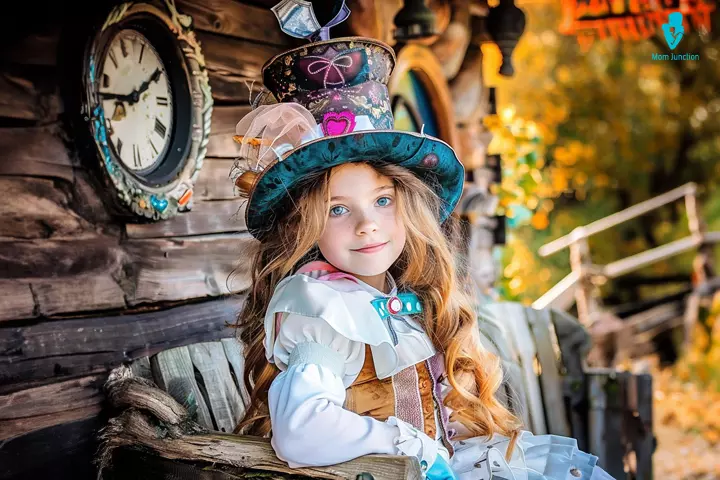
- Who will you find in the Hundred Acre Wood?
Ans: Winnie-the-Pooh and his friends - What is the art of folding paper into beautiful shapes called?
Ans: Origami
- What is a rhino’s horn made of?
Ans: Keratin, a protein found in hair, fingernails, and animal hooves - How many colors does a rainbow have?
Ans: Seven - Which is the tallest building in the world?
Ans: Burj Khalifa in Dubai - Which part of the computer is called its brain?
Ans: CPU - Which is the most spoken language in the world?
Ans: Mandarin Chinese - How many days are there in a leap year?
Ans: 366 days - Which wonder of the world can you find in India?
Ans: Taj Mahal
- Which country’s national anthem has only music and no words?
Ans: Spain - Which is the only country that doesn’t have a rectangular flag?
Ans: Nepal - When is World Environment Day celebrated?
Ans: June 5 - When is Earth Day celebrated?
Ans: April 22 - How many players are there on a cricket team?
Ans: 11 - What is the place where bees are kept called?
Ans: Apiary - What is a baby kangaroo called?
Ans: Joey - The young of which animal is called colt?
Ans: Horse - What is the full form of SIM?
Ans: Subscriber Identity Module - What is the full form of RAM?
Ans: Random Access Memory - Which is the tallest statue in the world?
Ans: The Statue of Unity in India - Which is the longest human-made structure in the world?
Ans: The Great Wall of China - Which is the smallest bird?
Ans: Bee hummingbird - Who are the founders of Google?
Ans: Larry Page and Sergey Brin - What is the full form of UPS?
Ans: Uninterrupted Power Supply - How many kilobytes equals 1 megabyte?
Ans: 1,024 - What is Mark Zuckerberg famous for?
Ans: He founded Facebook
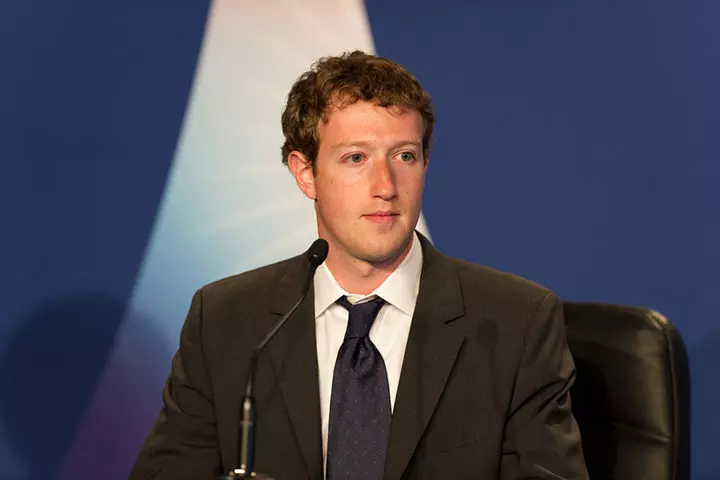
- What do AM and PM stand for?
Ans: Ante Meridiem and Post Meridiem - What do BC and AD stand for?
Ans: Before Christ and Anno Domini - Who was the first president of the United States?
Ans: George Washington - Which is the fastest land animal?
Ans: Cheetah - In which country do you find the Pyramids of Giza?
Ans: Egypt - Where is the Statue of Liberty situated?
Ans: New York
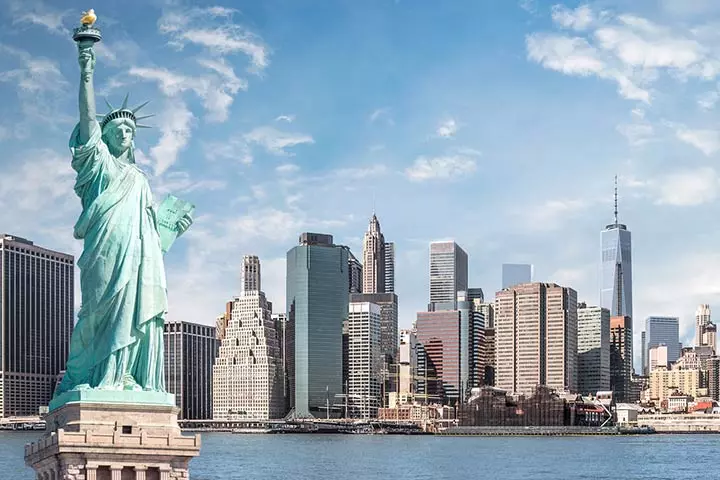
- Which is the heaviest mammal?
Ans: Blue whale - Which is the tallest animal in the world?
Ans: Giraffe
Frequently Asked Questions
1. What types of GK questions are best for this age group?
The best type of GK questions for class three students should cover various topics and be simple to understand. In addition, these questions need to generate curiosity in the students’ minds and be within the realms of their grasping power and memory. For example, brainteasers can be fun for your child.
2. What are the best strategies for teaching GK to class three students?
You can have them watch quiz shows and sports to improve your child’s GK. Take them to museums to generate interest in history. Use audio and visual demos to understand complex concepts such as scientific experiments. Buy them GK books that will create a thirst for knowledge. And lastly, answer their questions the best way you can.
3. What are the benefits of including GK questions in the curriculum for class three students?
Class three students feel connected to the whole world due to GK questions in their curriculum. They feel up to date with every piece of information and consider themselves to be a part of history while answering.
4. How can GK questions enhance the overall learning experience of class three students?
With the inclusion of GK questions, your child is able to make the appropriate decisions in life in the future. The more knowledge and awareness your child will have, a possibility of a positive impact on life is expected with a well-rounded education.
5. What skills and abilities can class three students develop through GK questions?
GK questions help the child to develop critical thinking skills that make them curious about the world around them and its functioning. These questions help them to form opinions and work through their life trajectories with ease.
6. What role do GK questions play in developing class three students’ research and information-gathering skills?
The students, when given the GK questions, research it intricately over the web and come across unique facts related to it. These questions help the children to gather information and answer them to the best of their abilities.
7. How can GK questions for class three students help them become informed and responsible citizens?
GK questions related to social issues can help the child to be more informed about the community as a whole. This can encourage them to explore the solutions that can reduce these issues and be a part of the responsible citizen community.
Trivia questions could make your child enthusiastic about a subject. Asking them such questions could bring out your child’s competitive spirit and help them in their academics. We tried to cover as many science, math, and geography quiz for kids as possible in the above list. You could also add a few more GK questions for kids if you wish to. But try to keep the questions relevant to their age groups and the syllabus they are studying at that moment. So go ahead and gather your children around for a fun trivia game.
Key Pointers
- Sharing general knowledge questions with children can enhance their awareness of various subjects.
- Participating in trivia quizzes makes learning exciting and encourages children to engage with different topics, thus fostering their competitive spirit.
- These GK questions can help improve their memory, concentration, and critical-thinking skills.
- However, it’s important to tailor the questions to the age groups and curriculum to ensure relevance and maximize engagement during trivia games.
Community Experiences
Join the conversation and become a part of our nurturing community! Share your stories, experiences, and insights to connect with fellow parents.
Read full bio of Theresa Bertuzzi
Read full bio of Bharathi V
Read full bio of Harshita Makvana
Read full bio of Kavita Kankani







